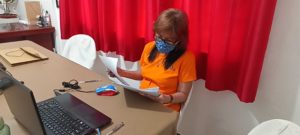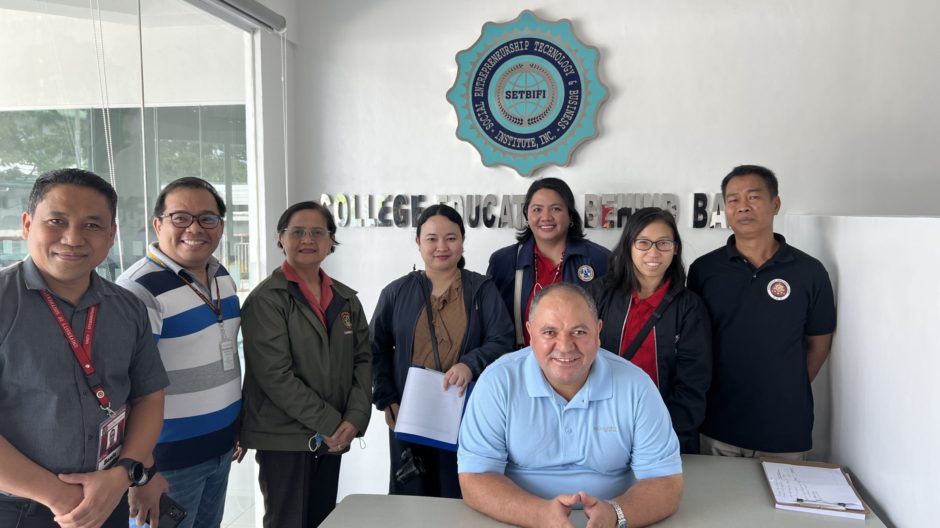

 One of the most pressing issues of our time is the failure to provide meaningful rehabilitation for many Filipinos living behind bars. Many men and women who are incarcerated in jails and prisons did not have access to education. But now, Many PDLs at the DAPECOL have access to College Education inside prison.That access is largely due to the Social Entrepreneurship, Technology, Business Institute (SETBI) initiative, a rigorous and effective prison education program for inmates. More than 45 alumni of College Education Behind Bars have been released. but zero percent have gone back, an extremely low recidivism rate. Last week, Mozo, Cale, and Brion, three more IT students, passed their final theses in spite of challenges. Brion spent seven years in the Davao City female jail while waiting for her sentence, and she was sentenced in twenty-five years in prison, but because she enrolled in College Education Behind Bars and exhibited good behavior, the good conduct time allowance rules inside prison reduced her sentence, and she expects to be released soon having finished her BS in Information Technology from the University of Southern Philippines. This extraordinary achievement puts a human face on the Philippine criminal justice crisis and reveals the lives often erased from public view. If there are more opportunities than obstacles inside jails and prisons, many PDL can successfully be rehabilitated, reformed, and transformed into members of society. Their success is about opportunity and equity, and an important reminder that we can never underestimate the transformative power of education -- and the hope it can bring for a second chance. Brion explains that the College Education has guided her into “becoming a better citizen” and an understanding that she has a role to play in her community despite being incarcerated. College Education Behind Bars can also provide a learning opportunity for those reading about its success that might change their life and the paths they choose after seeing what these inmates have learned by pursuing an education.
One of the most pressing issues of our time is the failure to provide meaningful rehabilitation for many Filipinos living behind bars. Many men and women who are incarcerated in jails and prisons did not have access to education. But now, Many PDLs at the DAPECOL have access to College Education inside prison.That access is largely due to the Social Entrepreneurship, Technology, Business Institute (SETBI) initiative, a rigorous and effective prison education program for inmates. More than 45 alumni of College Education Behind Bars have been released. but zero percent have gone back, an extremely low recidivism rate. Last week, Mozo, Cale, and Brion, three more IT students, passed their final theses in spite of challenges. Brion spent seven years in the Davao City female jail while waiting for her sentence, and she was sentenced in twenty-five years in prison, but because she enrolled in College Education Behind Bars and exhibited good behavior, the good conduct time allowance rules inside prison reduced her sentence, and she expects to be released soon having finished her BS in Information Technology from the University of Southern Philippines. This extraordinary achievement puts a human face on the Philippine criminal justice crisis and reveals the lives often erased from public view. If there are more opportunities than obstacles inside jails and prisons, many PDL can successfully be rehabilitated, reformed, and transformed into members of society. Their success is about opportunity and equity, and an important reminder that we can never underestimate the transformative power of education -- and the hope it can bring for a second chance. Brion explains that the College Education has guided her into “becoming a better citizen” and an understanding that she has a role to play in her community despite being incarcerated. College Education Behind Bars can also provide a learning opportunity for those reading about its success that might change their life and the paths they choose after seeing what these inmates have learned by pursuing an education.

